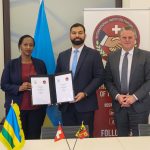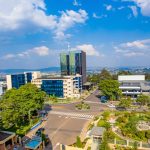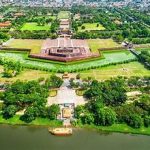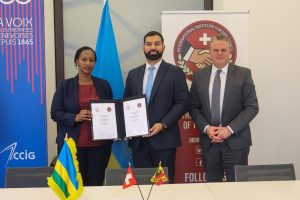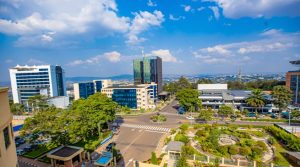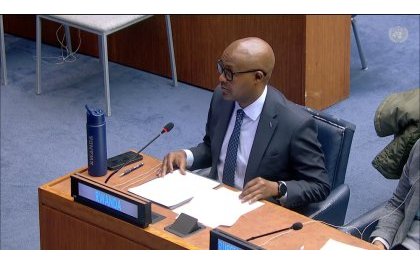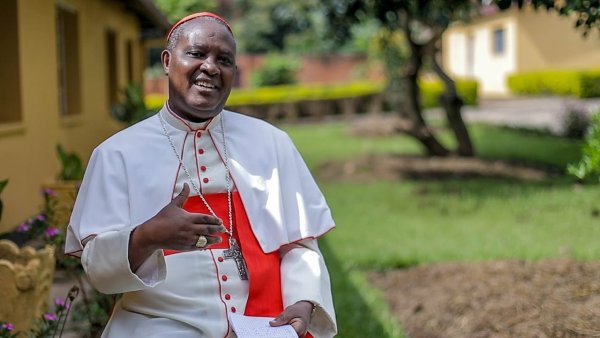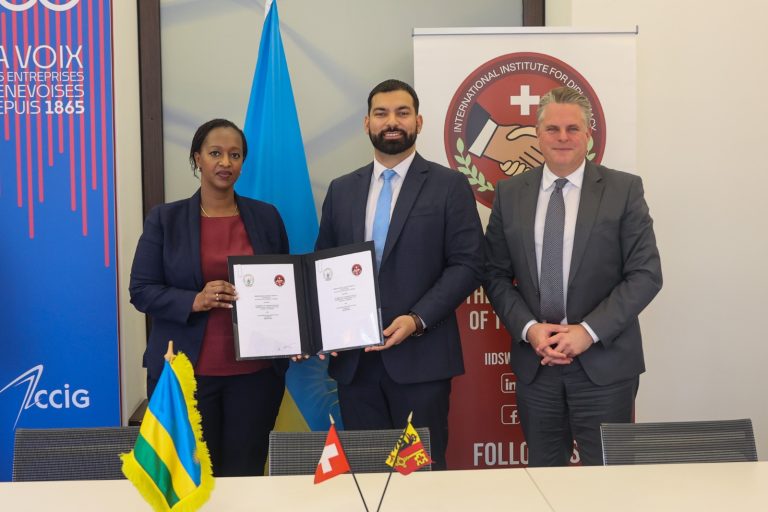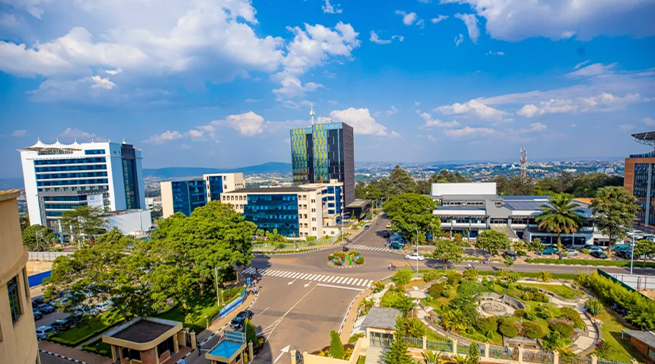Rwanda has highlighted that maintaining peace should focus more on conflict resolution and political dialogue than on deploying military force.
Colonel Deo Mutabazi, Head of Military Operations at Rwanda’s Permanent Mission to the United Nations, stressed this point during a meeting of the UN Committee on Decolonization and Political Affairs.
Speaking on peacekeeping, Col. Mutabazi noted that while international practice often emphasizes the use of military forces to protect civilians, this approach is less effective than supporting political negotiations. “We believe that no capacity, technology, or training can protect civilians better than investing efforts in finding peaceful solutions through political dialogue, addressing the root causes of conflicts, rather than relying on UN peacekeeping forces with limited mandate,” he said.
He explained that effective political dialogue must tackle the underlying drivers of armed conflict, including poor governance, corruption, inequality, discrimination, and poverty, to ensure lasting resolution.
Col. Mutabazi also cautioned that peacekeeping operations sometimes face challenges when their mandates do not align with the real needs on the ground. In such cases, peacekeepers may unintentionally become involved in conflicts, drawing criticism from local populations.“This often happens when political issues are addressed with military means, while political solutions could have resolved the conflict. We need to rethink how mandates are assigned to peacekeeping missions so they align with actual needs,” he said.
He emphasized that regional and continental cooperation is crucial for restoring and sustaining peace, as African and regional forces can complement UN missions.
Col. Mutabazi highlighted that Rwanda’s peacekeepers have successfully engaged in community-based activities that support security without direct combat. Programs involving local leaders and residents in health, sanitation, environmental conservation, and school rehabilitation help build trust and social cohesion, which strengthens overall security. “Working closely with communities and local authorities fosters communication, prevents misinformation, and enhances the effectiveness of peacekeeping,” he explained.
Rwanda has long implemented this approach in its peacekeeping missions, blending security with social development, so that peacekeepers are seen as partners and members of the community rather than external forces.

